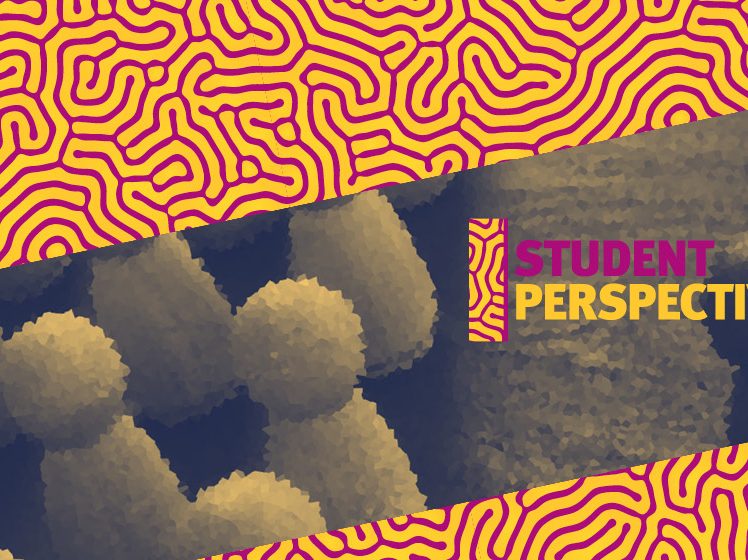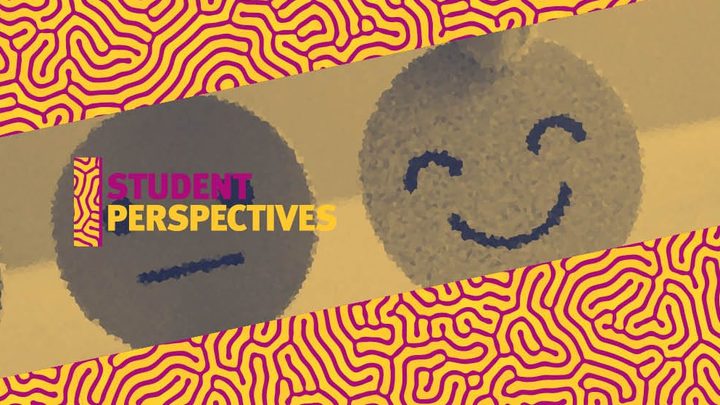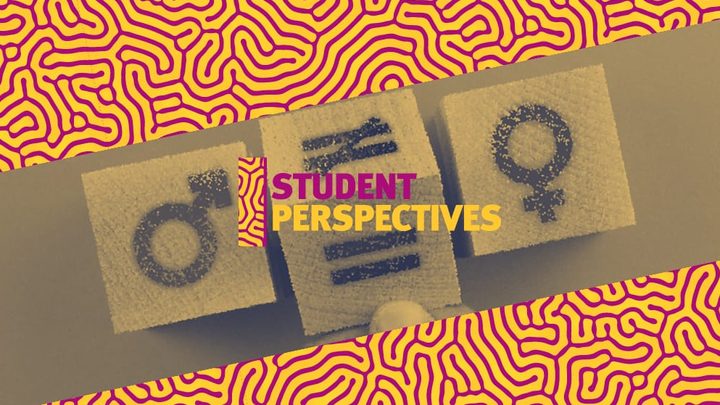At Kaplan, we believe in inclusion and equality for all, and our diverse student community represents the world we want to see. That’s why we’re asking them to share their thoughts on some of society’s most important topics with our ‘Student perspectives’ series.
Kayode from Nigeria is a Student Ambassador who is studying for a master’s in Aerospace Engineering and Management at the University of Glasgow. Here, he answers the question: “Why is inclusion important?”, shares his personal experiences and gives some advice about what students can do to be more inclusive in their everyday lives.

My experience of feeling excluded
At the age of 16, I had the amazing opportunity to move to the UK from Nigeria.
While most people I came across went above and beyond to ensure I felt comfortable during this time of massive upheaval in my life, there were some individuals who weren’t as educated about my culture. They would reference stereotypes or make ill-judged jokes. It was the first time I had felt excluded.
Having grown up in Nigeria, I experienced a bit of culture shock when I arrived in the UK. I often felt left out of conversations that referred to popular British concepts, games or TV shows.
I tried my best to learn and stay involved, but when you ask “What’s that?” for the 100th time, you begin to feel like you’re asking too many questions. You start to feel like maybe you just do not belong here.
“I think I behaved like this because of the human desire to be understood”
Share this quote
As a result, I unconsciously withdrew back to what I knew. I gravitated towards people from my own country who knew about my culture.
Reflecting on this now, I think I behaved like this because of the human desire to be understood. We all want to relate easily to others, to have our ideas, beliefs and norms reaffirmed and respected. This feeling, whether due to gender, race, age, or experiences, has appeared at some point in almost all of our lives when we have been in a group setting.
In most cases, individuals conform to the norms of the group rather than pride themselves on their differences. This is usually so that they don’t feel out of the loop or excluded. However, this ultimately leads to a lack of diversity, which dulls the perspectives within a group.
What does inclusion look like to me?
The applications and definitions of inclusion are vast, however, the underlying principle behind it is the idea of being ourselves. It is about creating freedom from the fear and anxiety of discrimination. Inclusion to me is when each and every person is able to feel like they belong and that they are accepted for who they are.
Inclusion is about making sure that the marginalised members of society (for example, those with disabilities or special needs, and minority groups) are not only told they are included but also feel like they are.
To me, inclusion goes further than telling someone: “your differences are appreciated”. It goes beyond that and ensures that the individual feels appreciated, valued, respected and involved.
Why is inclusion important?
I believe inclusion is important because it develops the feeling of belonging. This feeling is a powerful one because it helps to greatly reduce certain psychological issues, such as social anxiety among students, for example.
When people feel included they are better able to contribute to the group and their society without fear of being ostracised. By bringing their ideas forward, they are offering a particular perspective, which stems from a completely different background. This makes space for further inclusivity and creates a cycle of growth and acceptance.
Advice on what students can do to be more inclusive
1. Reach out to your fellow students
Reaching out to students who, like myself, seem withdrawn from others would kickstart the feeling of acceptance. I strongly believe that when it comes down to it, everyone just wants to feel accepted.
2. Have open conversations
Be inquisitive and open-minded. Respectfully find out more about someone’s cultures, traditions, norms and beliefs. There is beauty to be discovered among each person’s norms. It will lead to a more genuine understanding and appreciation for each student’s individual differences.






